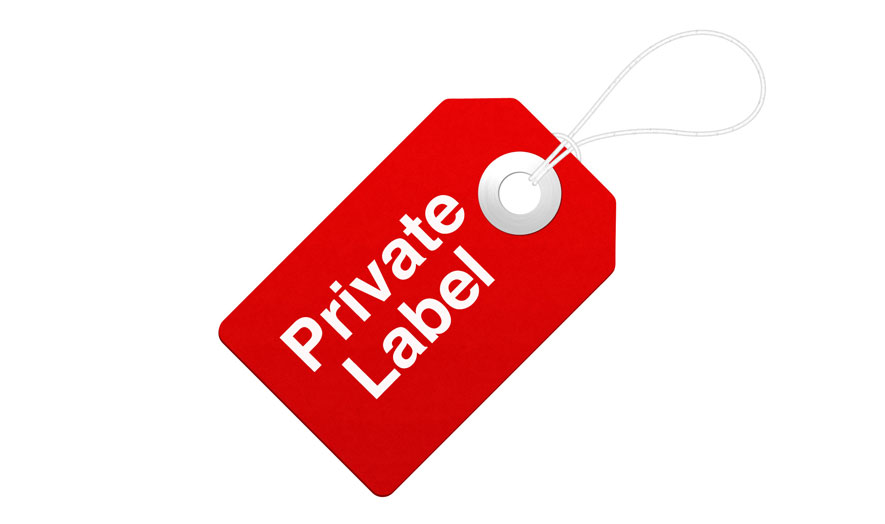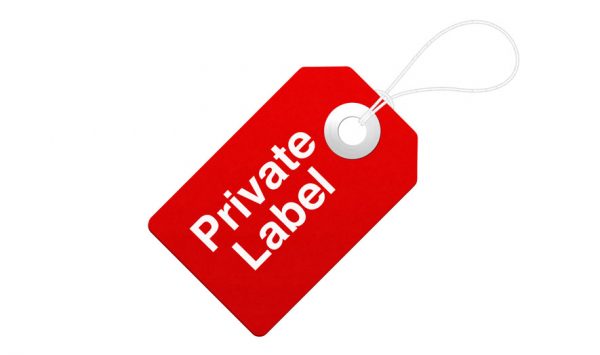Private labelling is a business model where retailers or businesses outsource the production of goods to third-party manufacturers but sell the products under their brand name. Unlike traditional manufacturing, private label products are typically designed, produced, and sometimes even packaged by another company. The retailer or brand owner then markets and sells these products.
Read more about Business
This approach is quite different from the usual manufacturing processes you know. Instead of investing in machinery, raw materials, and labour, focus on branding, marketing, and distribution, while experienced manufacturers handle production.
This model is especially popular in industries like food, cosmetics, and fashion, where brand perception and packaging are often as important as the product itself. Also, most of the cars, laptops, and phones you see in the market are manufactured under private label arrangements.
How Private Labelling Works
The process of private labelling typically begins with selecting a manufacturer. This is a very important step because the quality of your products will depend largely on the manufacturer you choose.
Once you’ve identified a manufacturer, the next step is product selection and customization. Many manufacturers offer a catalogue of products that can be customized to your specifications. You might decide to change the packaging, ingredients, or even the scent of a product to align with your brand identity. After finalizing these details, the manufacturer produces the product, which you then market and sell under your brand name.
Marketing and distribution are the final steps. With private labelling, you can focus all your energy on building a strong brand presence, knowing that the production side is in capable hands.
Sign up for the Connect Nigeria daily newsletter
Benefits of Private Labelling
- One of the most significant advantages of private labelling is cost efficiency. By cutting out the middleman and working directly with manufacturers, retailers can often secure products at a lower cost. This enables them to offer competitive pricing to consumers while maintaining healthy profit margins.
- Private labelling allows retailers to build brand loyalty. Customers are more likely to return for repeat purchases When they associate a quality product with a retailer’s brand. Over time, this can help establish the retailer’s brand as a trusted name. In Nigeria’s highly competitive retail space, brand loyalty can be a game-changer for businesses looking to stand out.
- Private labelling gives you control over your brand’s identity. You decide how the product looks, feels, and is perceived by your customers. This includes everything from the packaging to the marketing strategy. By creating a unique brand you can differentiate your products in a crowded market.
- Retailers have more control over the product when they opt for private labelling. They can dictate the product’s design, packaging, and even the ingredients used. This flexibility allows them to respond quickly to market trends and customer feedback, ensuring their product offerings remain relevant and appealing.
- Private labelling allows businesses to test new products with minimal risk. If a product doesn’t perform well, it’s easier to pivot or discontinue it without the heavy losses associated with traditional manufacturing. Additionally, as your brand grows, it’s easier to scale up production with your manufacturing partner, allowing your business to expand without the logistical headaches of managing a factory.
- Because private-label products are often cheaper to produce than branded alternatives, retailers can enjoy higher profit margins.
Challenges of Private Labelling
Private labelling has its many challenges too. Retailers need to ensure that the products they offer under their private label meet quality standards, as any negative experience can harm their brand’s reputation. Additionally, managing relationships with manufacturers is important to ensure consistency in product quality and supply.
Register to attend the CN Business Mixer
Concluding Thoughts
Private labelling offers a strategic way for you to create and sell unique products without the hefty investment that comes with traditional manufacturing and factory management. By leveraging the expertise of third-party manufacturers, you can focus on building a brand that resonates with your target market, offering products that meet their needs and preferences.
Got a suggestion? Contact us: [email protected]


